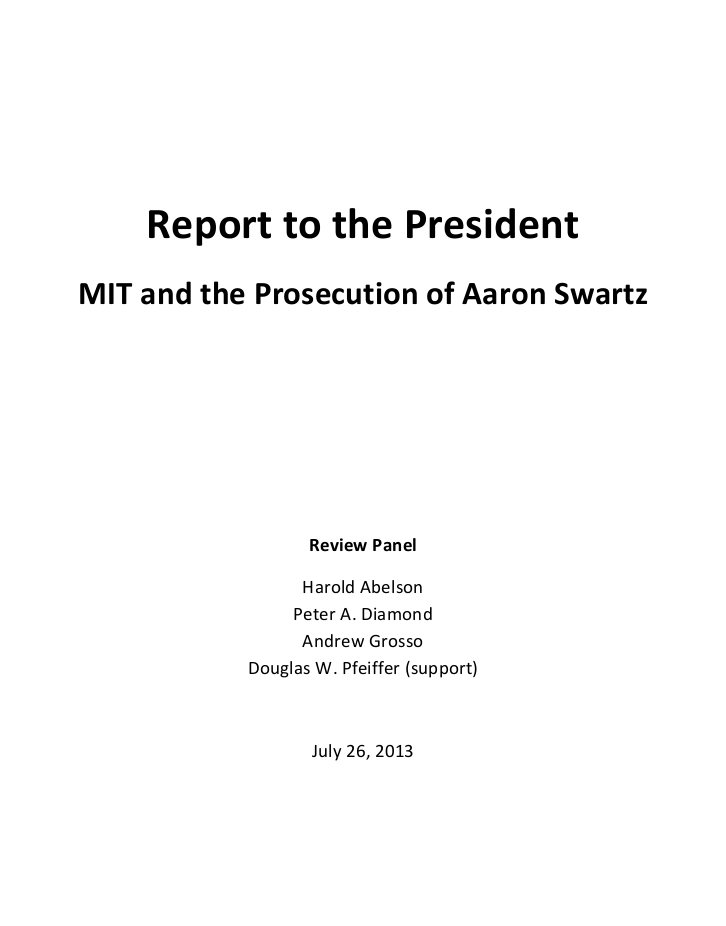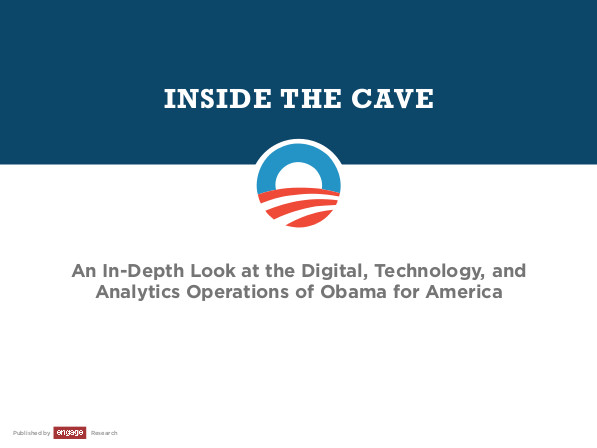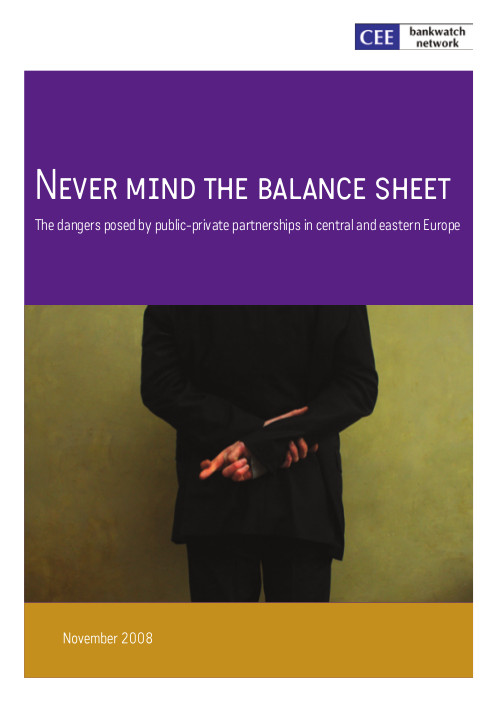MIT and the Prosecution of Aaron Swartz (2013)
Filed under report | Tags: · activism, copyright, law, politics

“In January 2013, MIT President L. Rafael Reif asked Professor Hal Abelson to lead a thorough analysis of MIT’s involvement in the Aaron Swartz matter, from the time that MIT first perceived unusual activity on its network in fall 2010 up to the time of Aaron Swartz’s suicide on January 11, 2013.
On July 26, 2013, Professor Abelson and his team submitted their report to President Reif.” (source)
“Abelson and his panel interviewed 50 people and reviewed 10,000 pages of documents to produce the report, about 3,000 of which were released in redacted form.” (source)
Publisher Massachusetts Institute of Technology, 26 July 2013
Review Panel: Harold Abelson, Peter A. Diamond, Andrew Grosso, Douglas W. Pfeiffer (support)
Creative Commons Attribution 3.0 Unported License
182 pages
via Marcell Mars
“MIT Report is a Whitewash” (statement by Aaron Swartz’s partner Taren Stinebrickner-Kauffman in response to MIT’s report, 30 July 2013)
“MIT Moves to Intervene in Release of Aaron Swartz’s Secret Service File” (Kevin Poulsen, Wired, 18 July 2013)
publisher
summary from the publisher
Inside the Cave: Obama’s Digital Campaign (2012)
Filed under report | Tags: · 2012, facebook, internet, politics, social media, technology, twitter, united states

Inside the Cave is an in-depth look at the digital, technology, and analytics operations of the President Obama’s re-election campaign. Engage Research compiled insights, data, and anecdotes from hundreds of news stories, blog posts, conference presentations, and conversations into a single presentation.
Publisher Engage Research, December 2012
93 pages
via pht
commentary (Mashable.com)
When the Nerds Go Marching In (Alexis Madrigal, The Atlantic)
Never Mind the Balance Sheet: The Dangers Posed by Public-Private Partnerships in Central and Eastern Europe (2008)
Filed under report | Tags: · central europe, commons, east-central europe, eastern europe, finance, public-private partnership

In recent years public-private partnerships (PPPs) have been heavily promoted in central and eastern Europe (CEE), often giving the impression that where infrastructure is concerned, PPPs are the only game in town. Yet behind the plethora of conferences, workshops and publications, few CEE countries have implemented more than two or three PPP projects, and even fewer truly successful projects.
As George Monbiot, UK author and investigative journalist, says of the Private Finance Initiative, the British variant on PPP: “The reality is that PFI, or public private partnership as the government now prefers to call it, is a scam. (…) Far from introducing market disciplines, it has become an official licence to fleece the taxpayer. Far from reducing the public sector borrowing requirement, PFI is, as the Accounting Standards Board has noted, simply an an off-balance sheet fiddle. Most alarmingly, the ministers I have spoken to simply do not understand how it works.”
Research and writing: Fidanka Bacheva-McGrath, Eliska Cisarova, Akos Eger, Pippa Gallop, Zvezdan Kalmar, Vera Ponomareva
Publisher CEE Bankwatch Network, November 2008
Creative Commons Attribution-NonCommercial-NoDerivs License
60 pages
The Hidden Costs of of Public-Private Partnerships online resource
PDF
PDF (shorter versions in more languages)

